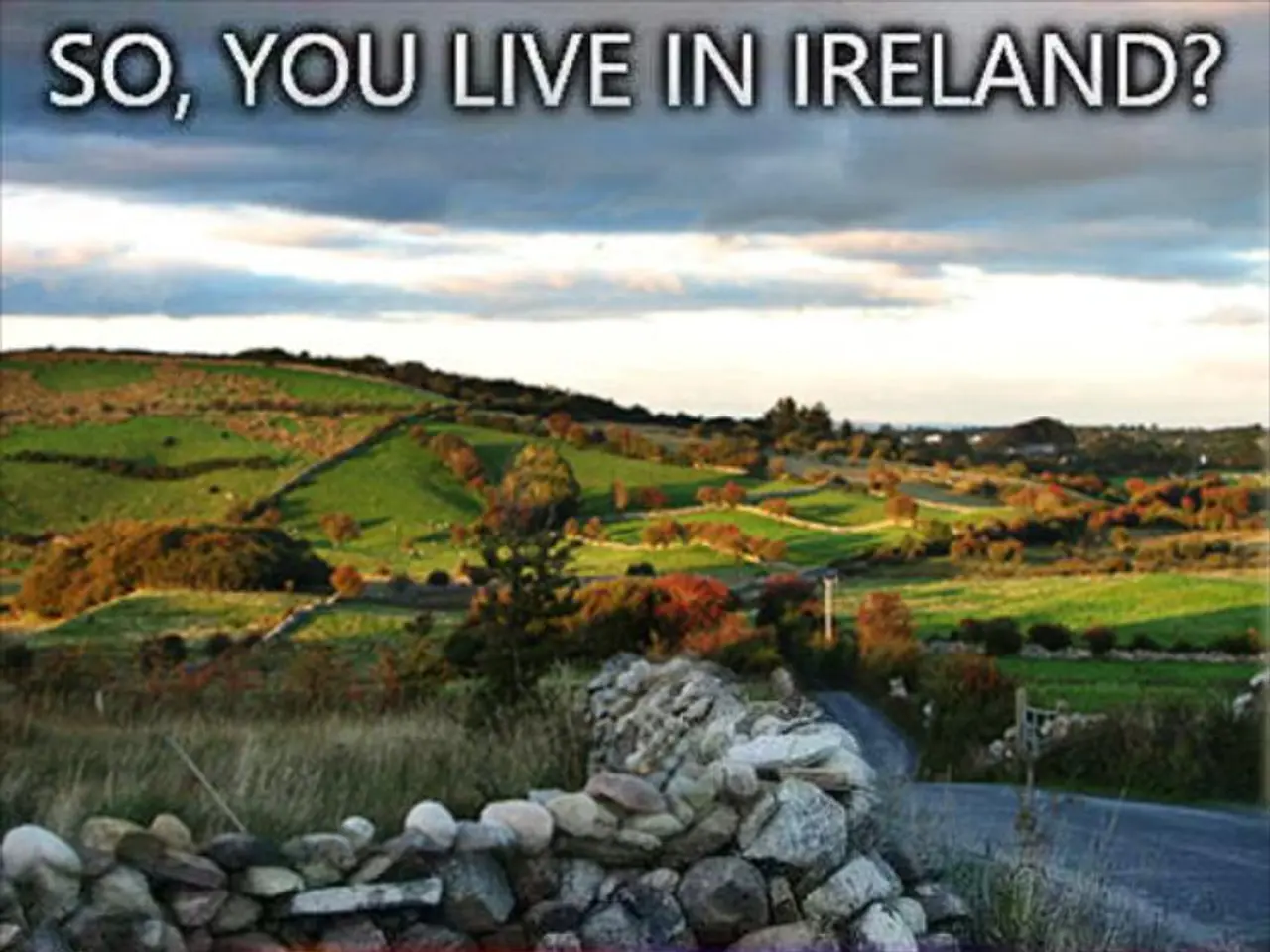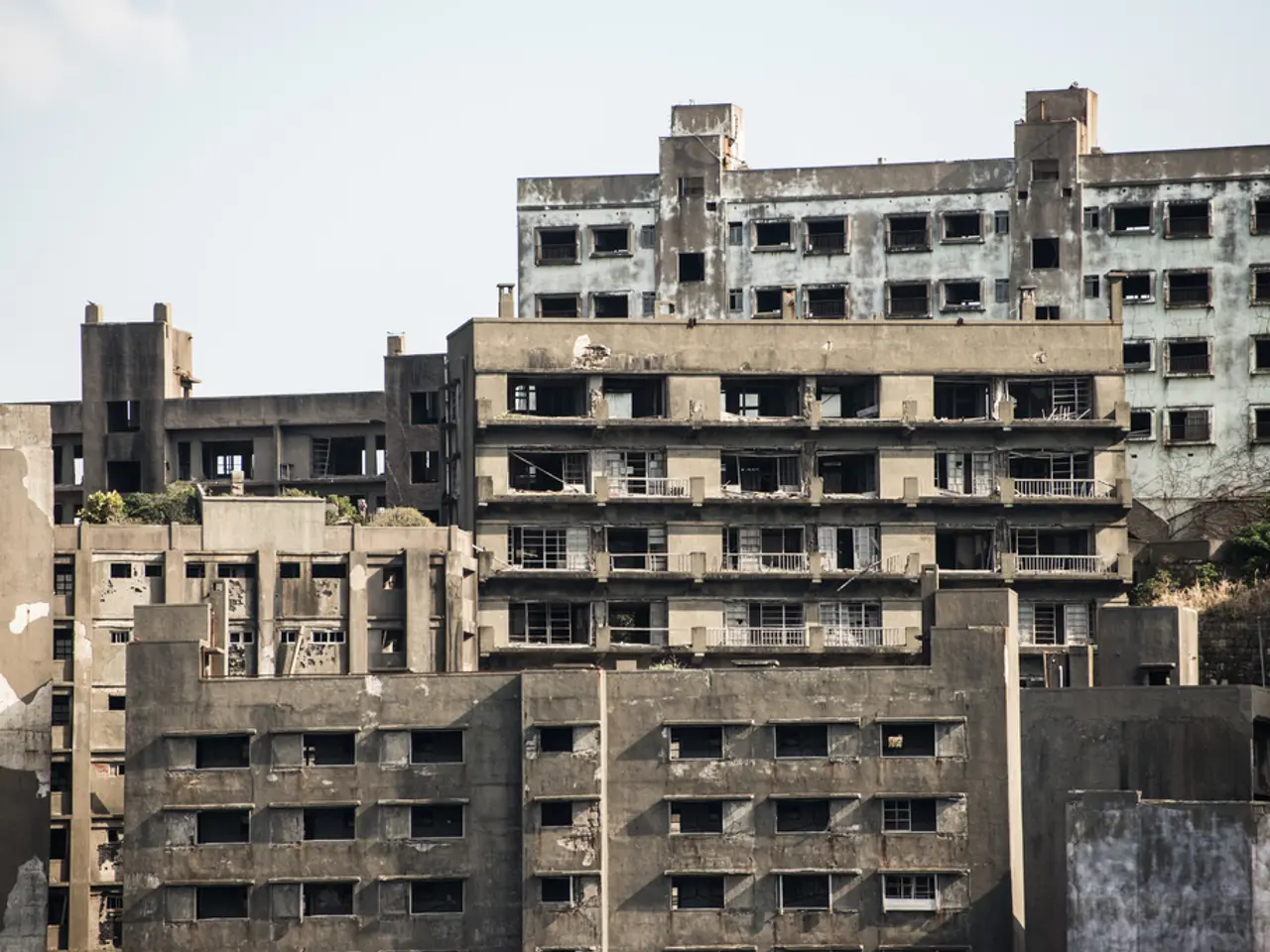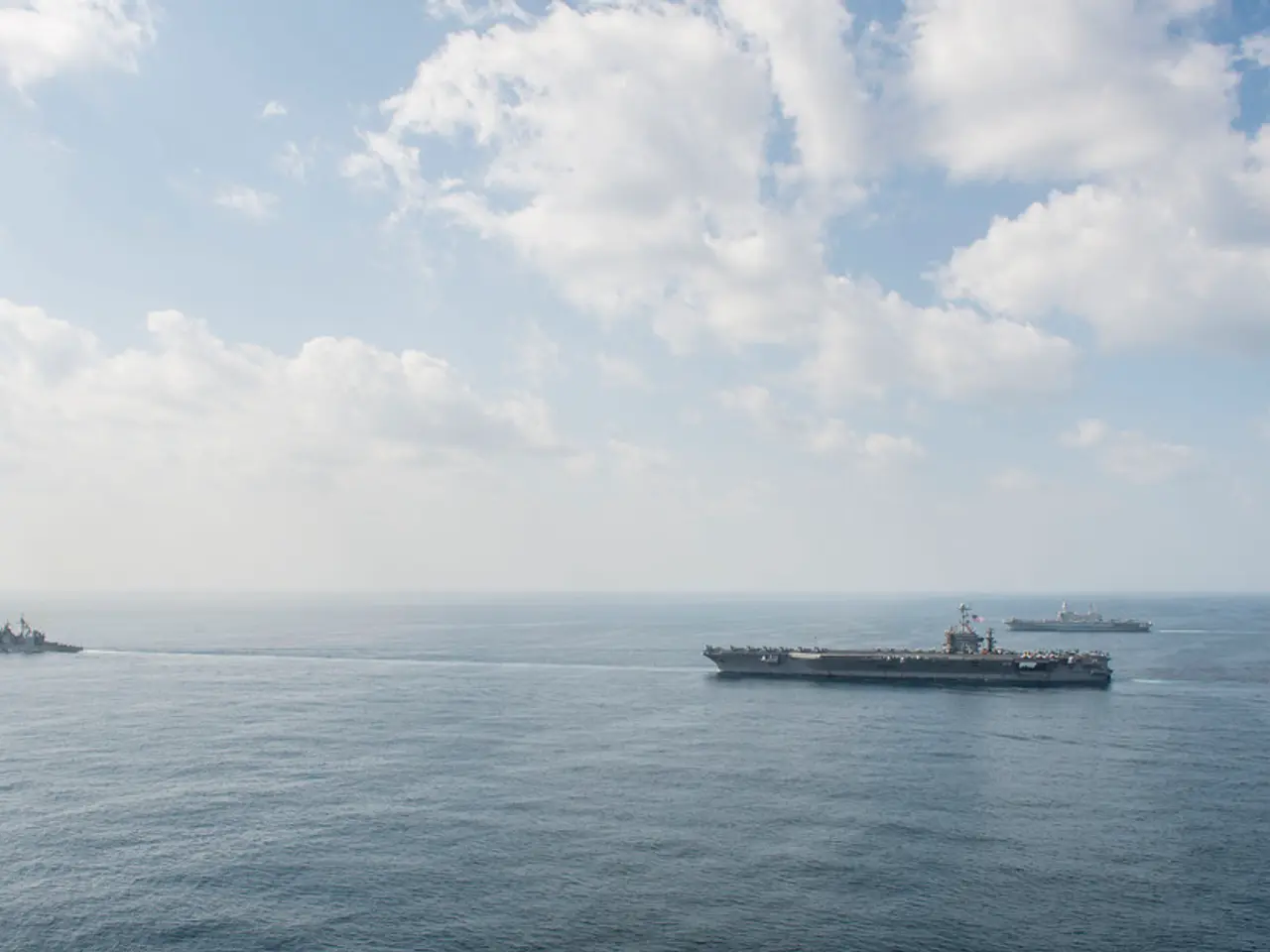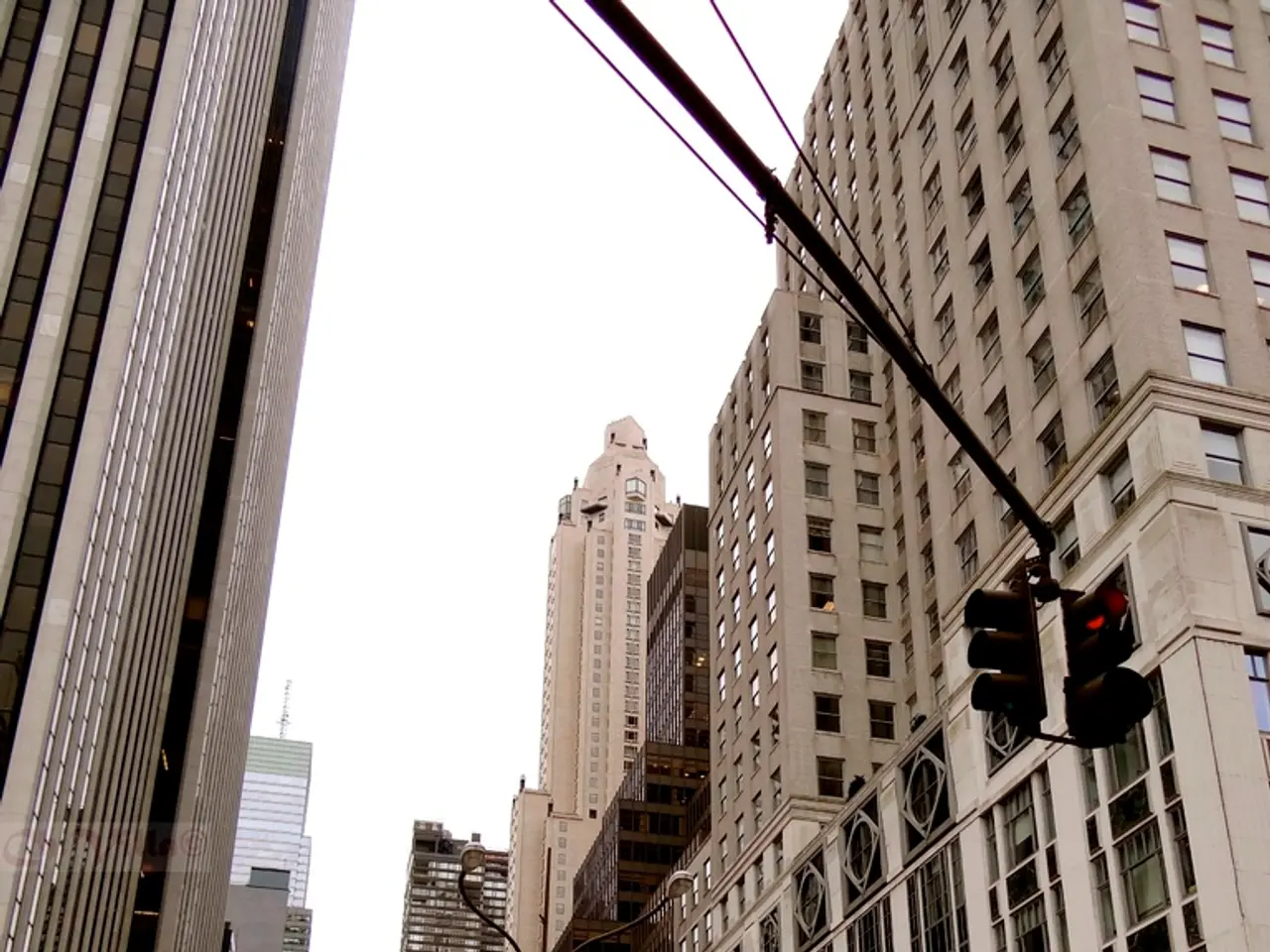Massive wildfire in France is being managed, authorities assert, but is expected to persist for several days.
In the heart of Europe, the Mediterranean region of France is currently grappling with a devastating wildfire that has been burning since early July. The blaze, which has been described as the largest in France since 1949, has swept through more than 17,000 hectares of land, an area larger than Paris [1][3][4].
The southern department of Aude has been particularly hard-hit, with the wildfire consuming vast tracts of land. The region, known for its picturesque vineyards, has seen an increase in areas burned in recent years, aggravated by low rainfall and the uprooting of vineyards [2].
Environment minister Agnès Pannier-Runacher has confirmed the extent of the disaster, stating that the current wildfire is the largest in France since 1949. Prime Minister Francois Bayrou has described the wildfire as a "catastrophe on an unprecedented scale" [1][4].
The fire's intensity was such that at its most intense, the flames were going through around 1,000 hectares of land per hour. Thick smoke could be seen rising from pine hills in Saint-Laurent-de-la-Cabrerisse, with dry grass still burning [1].
The wildfire has taken a tragic toll on human life, with one fatality reported and 13 injuries. The fire has also destroyed dozens of homes, leaving many families displaced [1].
The fire was declared under control on Thursday night but will not be "declared extinguished for several days." About 2,000 firefighters are still on duty around the blaze [1].
The increase in wildfires in France's Mediterranean region is driven by several contributing factors, including hot, dry summers, strong winds, abundant dry vegetation, drought conditions, and land-use changes such as the uprooting of vineyards, which previously helped slow fire spread [1][2][3].
Climate change exacerbates these factors by making summers hotter and drier, thus extending the wildfire season beyond the summer months into autumn and spring and potentially expanding the risk into other parts of France. Global warming also increases the availability of dry fuel for fires, resulting in more intense and frequent wildfires. French officials and climate analysts link recent unprecedented fires, such as the 2025 Aude wildfire, directly to climate change and prolonged droughts [1][2][4].
Extreme heatwaves across southern Europe, with temperatures soaring above 40°C and prolonged dry periods, have turned landscapes into tinderboxes, worsening wildfire risks. This trend is consistent with scientific observations that climate change intensifies heatwaves and droughts, thereby making wildfires more frequent, intense, and unpredictable [5].
Elsewhere in Europe, Spain is experiencing a heatwave with temperatures nearing 40°C in many regions. Officials reported 1,060 excess deaths in July in Spain that could be attributed to intense heat [6].
The wildfire in France is linked to global warming and drought, according to Prime Minister Francois Bayrou. Portugal has also extended emergency measures due to the heightened risk of wildfires [1].
As the world grapples with the impacts of climate change, these events serve as a stark reminder of the urgent need for action. The wildfires in southern France underscore the importance of implementing effective strategies to mitigate climate change and adapt to its impacts, particularly in regions vulnerable to wildfires.
References: [1] BBC News, "France wildfires: Aude department worst hit by blaze," 11 July 2025, https://www.bbc.co.uk/news/world-europe-57816838
[2] The Guardian, "France wildfires: Aude department hit by huge blaze," 11 July 2025, https://www.theguardian.com/world/2025/jul/11/france-wildfires-aude-department-hit-by-huge-blaze
[3] Reuters, "France wildfire spreads in Mediterranean region," 11 July 2025, https://www.reuters.com/world/europe/france-wildfire-spreads-mediterranean-region-2025-07-11/
[4] The Independent, "France wildfire: Extreme heat and drought fuel largest blaze since 1949," 11 July 2025, https://www.independent.co.uk/news/world/europe/france-wildfire-climate-change-drought-b2174769.html
[5] European Environment Agency, "Climate change and wildfires in Europe," 2022, https://www.eea.europa.eu/publications/climate-change-and-wildfires-in-europe
[6] The Local, "Heatwave deaths in Spain exceed 1,000," 31 July 2025, https://www.thelocal.es/20250731/heatwave-deaths-in-spain-exceed-1000
- The current wildfire in France's Mediterranean region, described as the largest since 1949, has raised concerns within the environmental-science community about the role of climate change in exacerbating weather-related disasters.
- As wildfires like the one in Aude, France, become more frequent and intense due to climate change, there is an increasing need for advanced weather-forecasting techniques to predict and manage such environmental crises.
- To mitigate the impact of climate change on the environment, it is crucial for policymakers and scientists to work together, focusing on solutions that address issues such as deforestation, vineyard uprooting, and carbon emissions – factors that contribute to weather-related events like wildfires.








